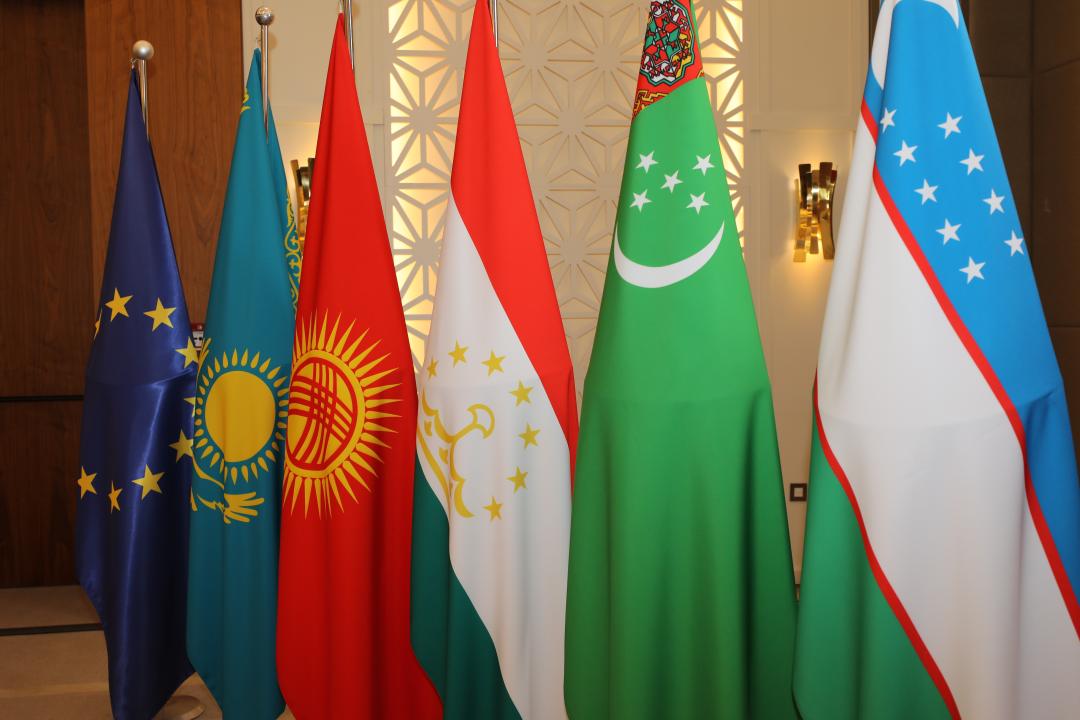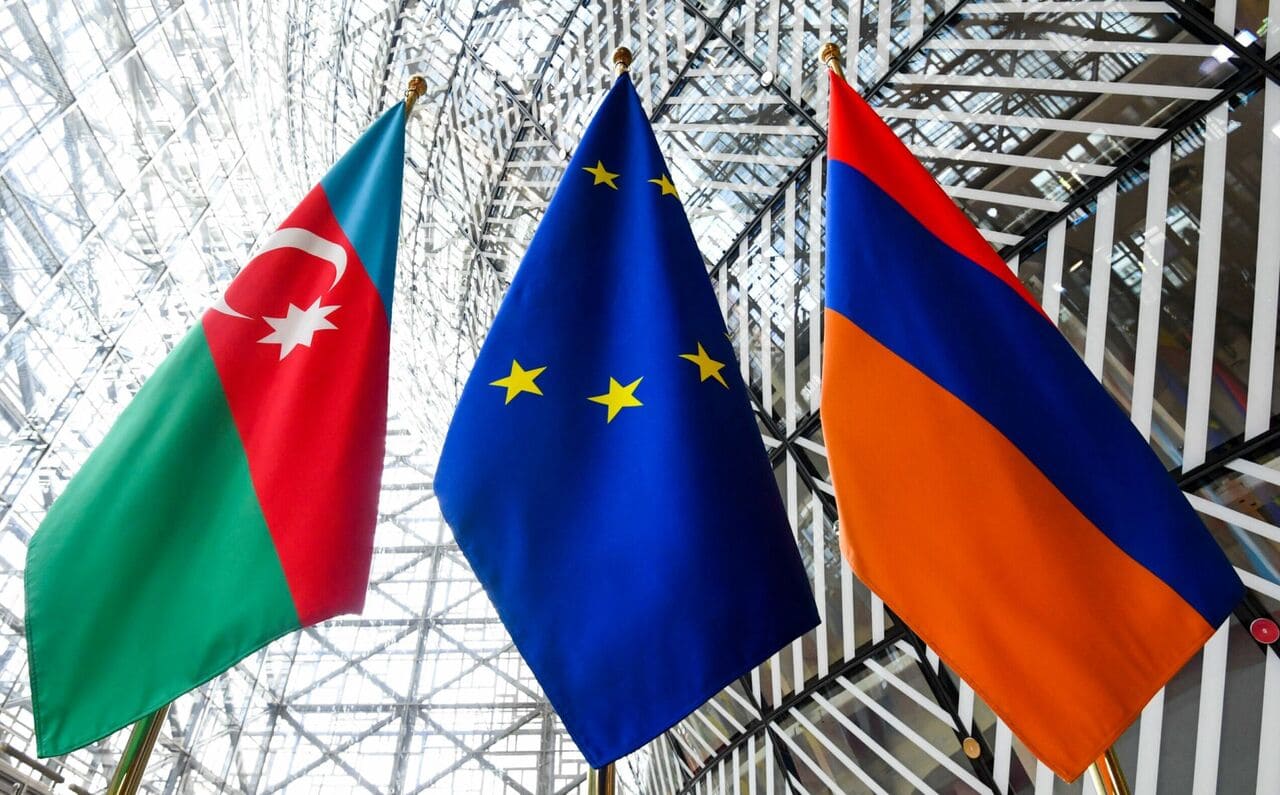As Russia's influence wanes in the South Caucasus and Central Asia, the European Union faces a pivotal challenge. The EU must navigate a complex geopolitical landscape where its foothold in the South Caucasus may dictate its future in Central Asia. According to Eldaniz Gusseinov, a Non-Resident Research Fellow at Haydar Aliyev Center for Eurasian Studies of the Ibn Haldun University, Istanbul, the stakes are high: if the EU fails to solidify its position in Armenia and Georgia, it risks losing the opportunity to expand its influence in Central Asia.

The South Caucasus serves as a nexus for the EU's interests, particularly regarding energy resources and trade routes. Currently, the EU's connection to Central Asia is heavily reliant on Azerbaijan and Georgia. Without strong relations with these countries, the EU's ambitions to establish a foothold in Central Asia—bypassing Russia—will be severely hampered.
However, the situation is fraught with challenges. Georgia's current transport capacity stands at only 27mn tons per year, insufficient to meet the escalating demand for energy and goods. Compounding this issue, relations between the EU and Georgia are deteriorating. The impending parliamentary elections, anticipated to occur amid a tense political climate, raise concerns over electoral integrity. The EU has issued warnings regarding the potential suspension of the visa-free regime for Georgians, signaling its apprehension about the situation.
A strengthening Russian presence in Georgia could significantly enhance its influence over vital transport routes through the South Caucasus, effectively positioning Russia as a formidable player in this geopolitical game.

In contrast, a potential opening of the border between Armenia and Azerbaijan could bolster the EU's influence in both the South Caucasus and Central Asia. The Berlin Economics Analytical Center projects that this development would shift Armenia's trade dynamics, with the EU's share rising to 20%, overtaking Russia's 14% and Turkey's 12%. This marks a significant change from 2021, when Russia dominated Armenia's trade landscape.
Despite Armenia's efforts to forge closer ties with the West, the presence of a Russian military base in Gyumri remains a substantial obstacle. This military installation grants Russia considerable leverage over Armenia's domestic and foreign policies, constraining the EU's ability to enhance its presence in the region. Thus, while Armenia seeks to align more closely with the West, the influence of Russia continues to complicate the landscape.
If Russia successfully solidifies its foothold in both Georgia and Armenia, the EU may find its access to Central Asia severely constrained. This development would allow Russia to exert control over key transport corridors and energy routes, strategically bolstering its position not only regionally but also on the global stage.
In the context of the game of GO, Russia's incremental advancements serve to surround the territories that the EU aspires to access for expansion. Each "stone" placed by Russia—whether it be a military base in Armenia or political influence in Georgia—contributes to a strategic victory, limiting the EU's options for maneuvering in the region.
For the European Union, the evolving dynamics in the South Caucasus present a compelling signal to reassess its strategy. Strengthening diplomatic relations, investing in infrastructure, and fostering economic cooperation with South Caucasus nations could be critical steps to counteracting Russian influence. However, these measures alone may not suffice to alter the existing balance of power in the region.
Follow Daryo's official Instagram and Twitter pages to keep current on world news.
Comments (0)